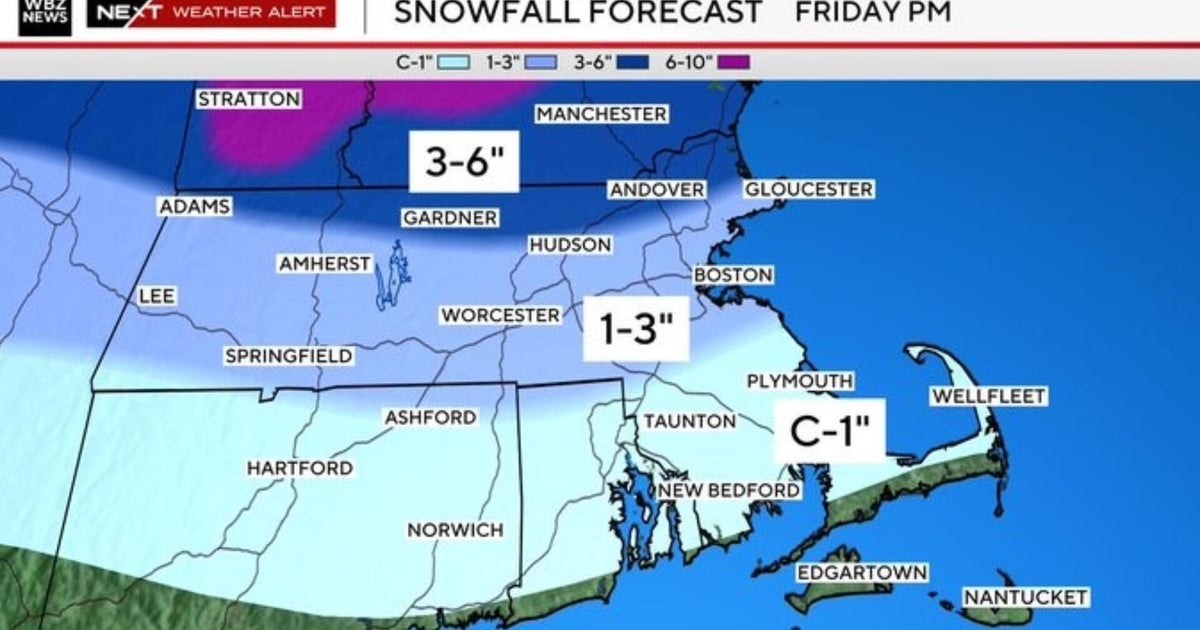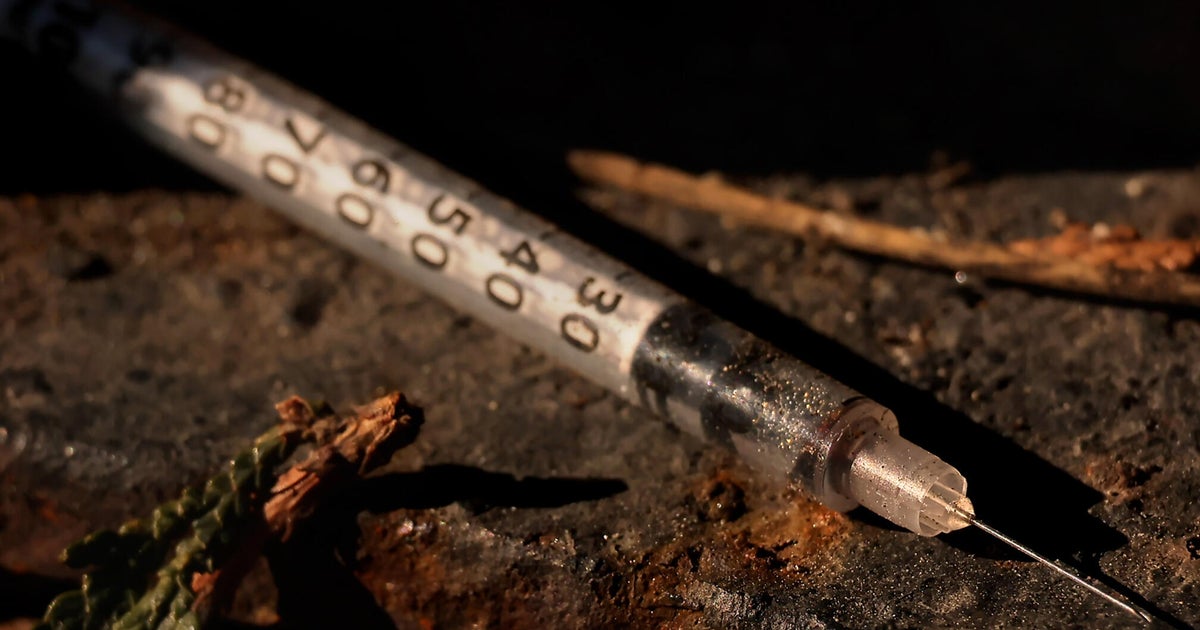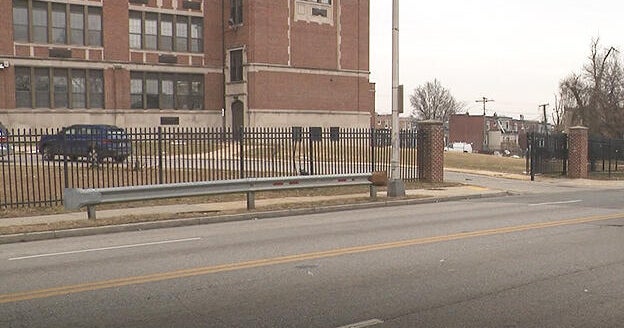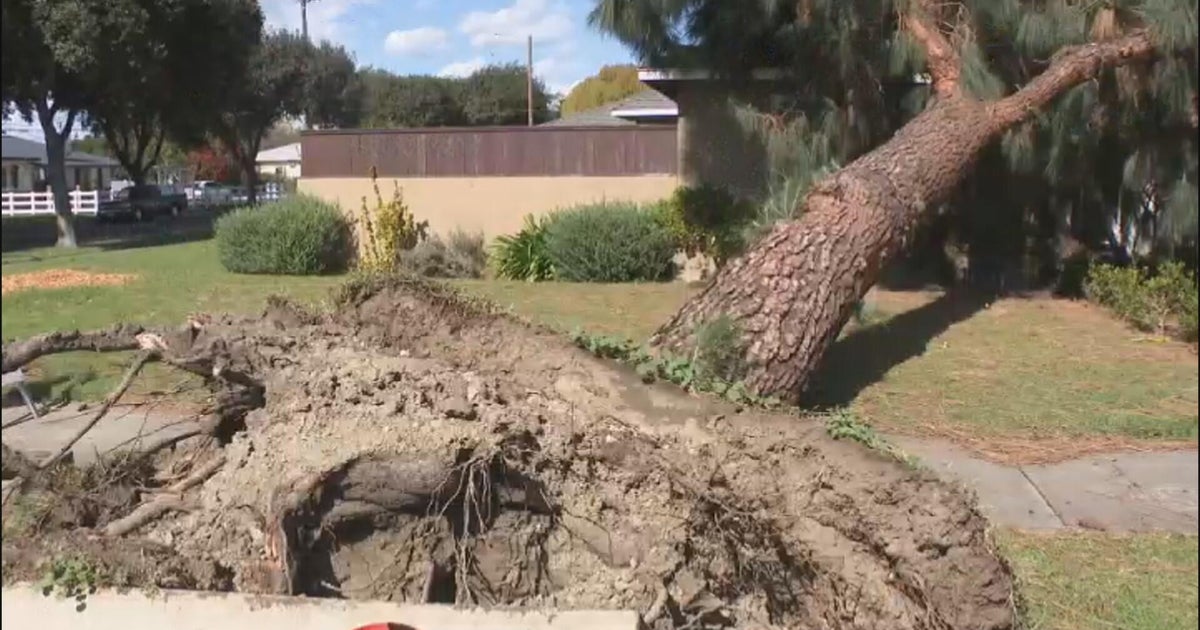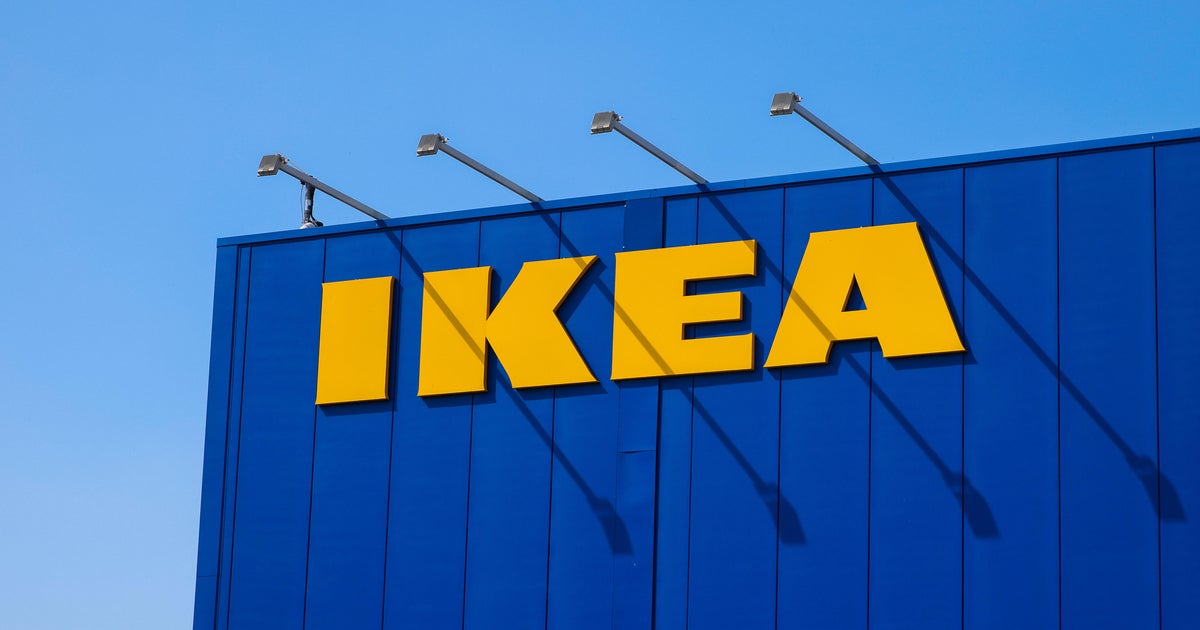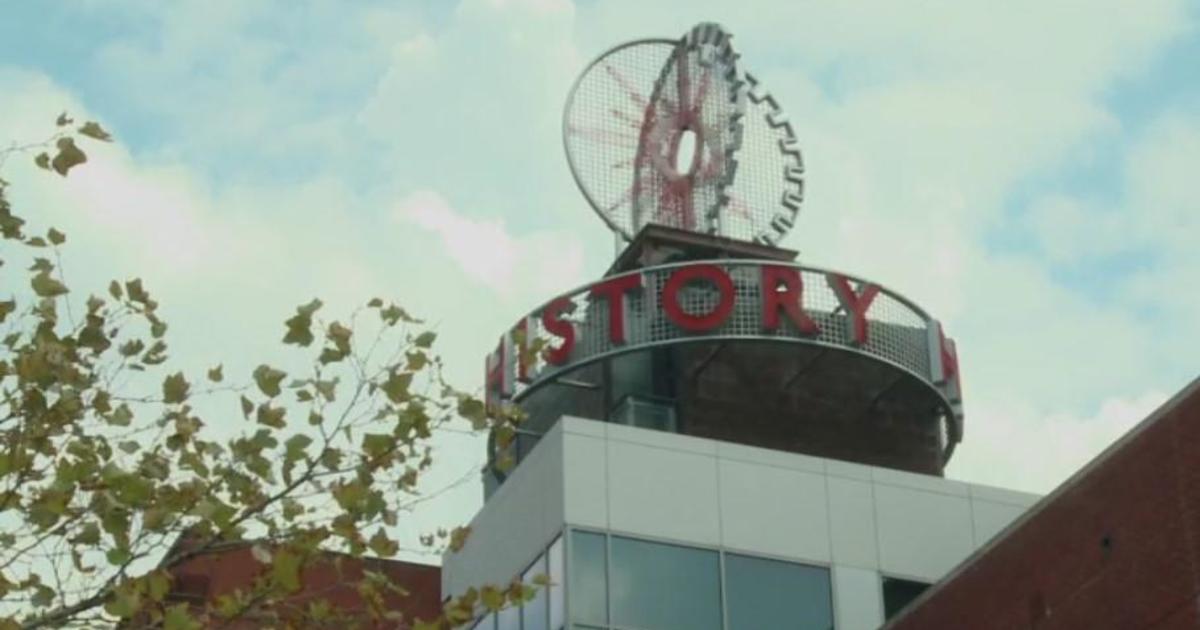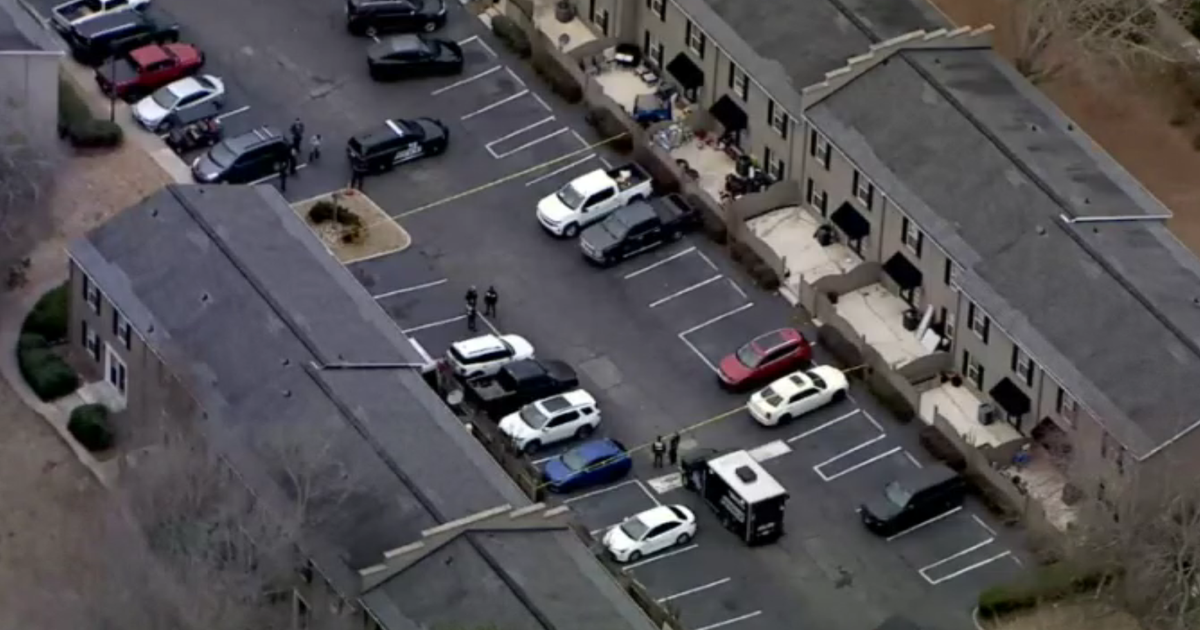The Future Of Boston Transportation: Will Self-Driving Cars Mean Safer Streets?
BOSTON (CBS) -- As WBZ celebrates our 70th anniversary we are also looking ahead to the next 70 years. The city's newest neighborhood has become the test track for what could become the future of transportation for all of Boston and beyond.
"We've got cameras here looking 360 degrees. This is what's called a LIDAR sensor. It's shooting out lots of laser beams. It's measuring the environment around it," nuTonomy CEO Karl Iagnemma said while detailing the technology that makes self-driving cars work. nuTonomy is one of three self-driving car companies testing the technology in Boston's Seaport neighborhood. "Boston is a difficult city to drive in. So, we know if we can get our cars to be driving safely and smartly in Boston we can drive anywhere," Iagnemma told us. And nuTonomy gave WBZ an exclusive up-close look at the car.
The interior of the car looks pretty much like a regular passenger car. All the technology is actually tucked away in the trunk. "We've shrunk that huge server rack down to few PC's and in the coming months that will be shrunk down further. And so, eventually it will be a small package you put in the trunk and that has all the computation, power distribution that you need to power all these sensors and obviously do all the calculations around the software."
Iagnemma told us he's confident these self-driving cars will mean safer and more efficient streets. "We've done all kinds of things with our cars autonomously. We handle some of the toughest intersections in Boston and Singapore. We navigate around pedestrians, around cyclists, really complex situations on the road we can handle today." The next big milestone for the company will be having the cars on the road without a safety driver behind the wheel. "It will be a truly driverless car that will come and stop at your driveway and take you to work."
"So, the promise is you can have more traffic efficiency on the same road network. Now we also want these cars to be used in a shared fashion. We'd love to put 3 or 4 or more people in a single car. If you can get multiple people in a car you can really put more people on the same road network." Less cars on the road is one step to ease traffic. Iagnemma also told these cars can drive safely in a closer proximity which would also cut down on drive times.
More important than traffic is safety. "We know the technology can save lives." Iagnemma said. "Ninety-four percent of all accidents on the roadways are caused by human error. If we can eliminate or drastically reduce that human error we are going to save a lot of lives." And the future may be closer than you think. "We believe by 2025 you'll be able to buy an autonomous vehicle and park it in your driveway." That's less than 10 years away. "Seventy years from now it may be illegal to drive a car yourself because it's so much riskier than having the automation do the driving for you," Iagnemma said.
For those us still behind the wheel or riding the MBTA, dozens of screens at Boston's City Hall capture our commute every day. When you're frustrated sitting in traffic, engineers at Boston's Traffic Management Center can see it all with access to 800 cameras all across Boston. "As we think about what it means to have more and more people wanting to live here, wanting to work here, we need to find ways for people to move to and from in different way," explained Chris Osgood, Boston's "Chief of Streets." That means more protected bike lanes and bus only lanes.
But for drivers, small adjustments made in real-time, thanks to all those cameras can make a big difference. "When we re-time our traffic lights what we see is a reduction of people sitting in traffic," explained Osgood. And we may only be a few years away from the next generation of traffic lights, now being tested in the Seaport. These are traffic lights that will essentially talk to one another said Osgood, "traffic signals that don't just function independently but actually can work as an entire network." For more on the future of transportation click here to read the City of Boston's initiative: Go Boston 2030.
Web Extra: Should Boston Try Congestion Pricing?
Commuters in the Seaport may eventually be able to soar over Summer Street. There's talk about building a gondola to connect the neighborhood with South Station. Outside the Seaport, look for the expansion of the Green Line through Somerville slated to be complete in 2021. There is a billion dollar plan to straighten the Mass Pike in Allston. It's a project that could begin in just two years. And when the new road is open we may even have those autonomous cars driving right alongside us.
Related: Big Projects Underway On Mass. Roads and Rails, Costs, Timelines
We want to hear about your hopes for the future of transportation in the Boston area. Tell us your story by emailing newstips@wbztv.com.
